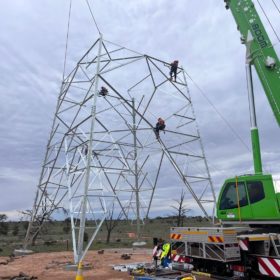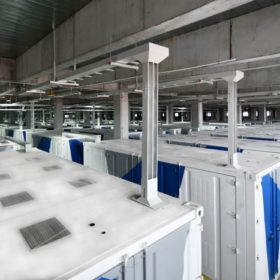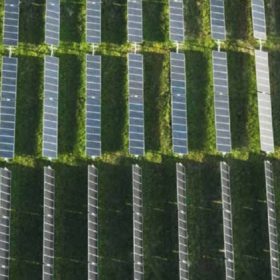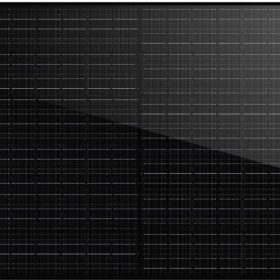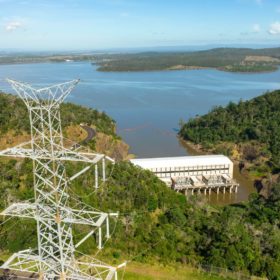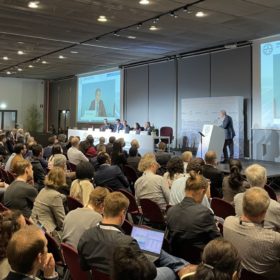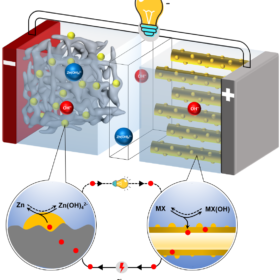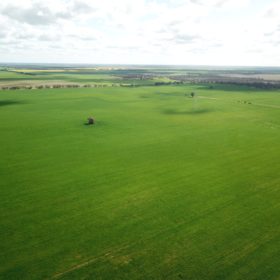Regulators reinforce need for ‘massive investment’ in energy sector
Australian energy regulators have called for urgent investments in renewable energy capacity and the transmission infrastructure needed to connect new projects to the grid as they look to ensure an orderly transition as coal-fired generation exits the National Electricity Market.
China connects world’s largest redox flow battery system to grid
Dalian Rongke Power has connected a 100 MW redox flow battery storage system to the grid in Dalian, China. It will start operating in mid-October and will eventually be scaled up to 200 MW. The vanadium redox flow battery technology was developed by a division of the Chinese Academy of Sciences.
Study shows Nextracker’s machine learning software improves solar plant output
The software’s algorithms were found to boost output by leveraging Nextracker’s independent-row tracking system.
Longi announces new 415 W solar panel for residential, commercial applications
Longi unveiled a new 54-cell module at RE+ Anaheim last week, with outputs ranging up to 415 W, and an efficiency rating of 21.3%.
Queensland announces ‘biggest pumped hydro scheme in the world’
Queensland Premier Annastacia Palaszczuk has launched a $62 billion energy and jobs plan, which includes the biggest pumped hydro scheme in the world. The government is also planning to convert publicly owned coal-fired power stations into clean energy hubs from 2027.
H2X launches long-awaited Warrego hydrogen powered ute
Australian startup H2X is finally launching its fuel cell electric vehicle (FCEV) Warrego Ute announced last year. The vehicle is currently undergoing final validation and verification with the company saying it expects to have the model on the market within nine months.
‘The first terawatt of solar PV installed globally took some 70 years to achieve, while the second will likely take only three’
Leading solar researchers from around the world are meeting for the first time in four years in Milan, Italy, for the 8th World Conference on Photovoltaic Energy Conversion (WCPEC-8). The first morning has seen prestigious awards bestowed on two scientific leaders and inspirational discussions as to how the “second terawatt” of solar can be installed globally in just a handful of years.
Super-fast, long-life aqueous rechargeable zinc battery
An international group of researchers has demonstrated an aqueous zinc battery with excellent performance in terms of capacity, rate capability, specific energy, and output voltage. The supercapacitor-battery hybrid device has also shown unprecedented cycling stability 99.2% capacity retention after 17,000 cycles at 100% depth of discharge.
Google to use Australian power tracing tech in Sydney trial
Google will be using Australian company Enosi’s technology to trace its energy use in Sydney, part of its journey towards time matched renewables – a far more ambitious and globally favoured standard.
Edify wins government grid forming battery contract as Victoria pushes storage
Edify Energy has been awarded the contract to deliver a grid forming, lithium-ion big battery in Victoria, which will provide system support services for Victoria Murray River Renewable Energy Zone and contribute to the state’s new storage targets.
